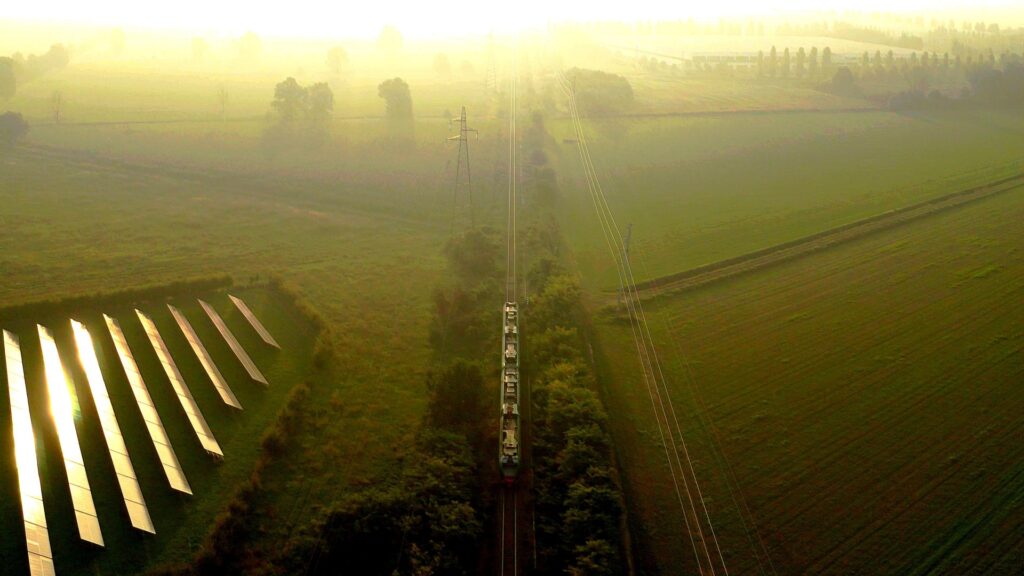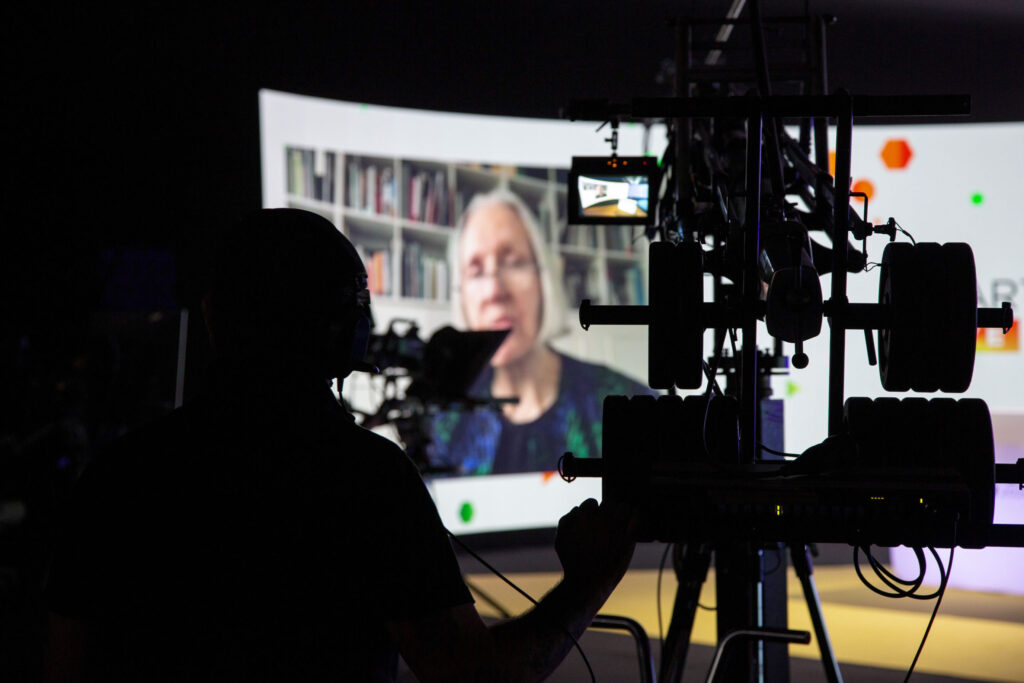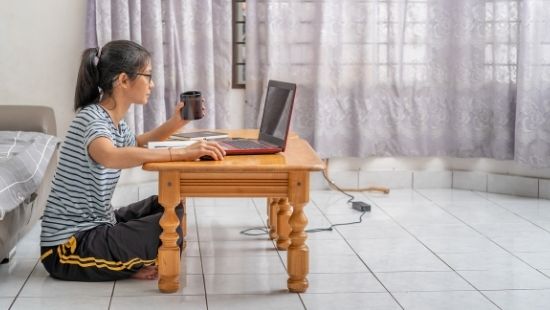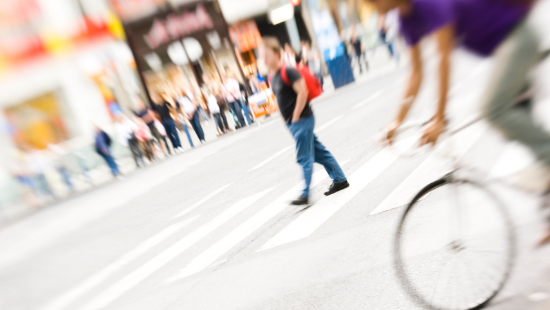Next-gen wireless options: Wi-Fi 6, 5G or private 5G?

13/03/2021 – NetWorkWorld
10 steps to avoid digital transformation failure

13/03/2021 – CIO
Solar trains: what are they and how do they work?

Despite their promise, there are hardly any solar train projects in the world, given the numerous technical complications involved in feeding such a large (yet efficient) object with solar power.
How to limit the ecological costs of urbanization in China

12/03/2021 – Nature
HerCity: Digital Toolbox for Sustainable, Equal and Inclusive Cities

12/03/2021 – ArchDaily
Universities and the Innovation Landscape

12/03/2021 – Harvard Business Review
Smart AMB: can data lead us to deliver better urban services?

Cities around the world are deploying data platforms with the aim of designing an urban intelligence based on information extracted from these data which, once analyzed, can generate knowledge about different metropolitan areas. This is the case with Smart AMB, in the Metropolitan Area of Barcelona.
PODCAST 1×04 – How sustainable is a society within four walls?

Is it possible to maintain a resilient economic activity only working from home? Also, figures show that we are working even more during the lockdown. What impact will this have on social relations and cities, which are mainly based on human interaction? Is teleworking a one-shot solution or has it come to stay? If so, should we adapt teleworking to our society before we got adapted to it?
Together with Sandra Baer, CEO of Personal Cities, we will try to shed some light on this issue.
PODCAST 1×03 – Reorganization of public space: who owns the streets?

How can big infrastructures and industrial projects produce social and city-planning profits besides the economic ones? Smart ports are a great example but on the other hand, micromobility raises new unknown questions. What benefits can this private use of public goods such as streets bring?
More than ever, this issue is open for discussion, so we are picking the brains of experts from Port de Barcelona (Smart Ports) and Berkeley University.
The 10 most innovative companies in artificial intelligence

11/03/2021 – Fast Company